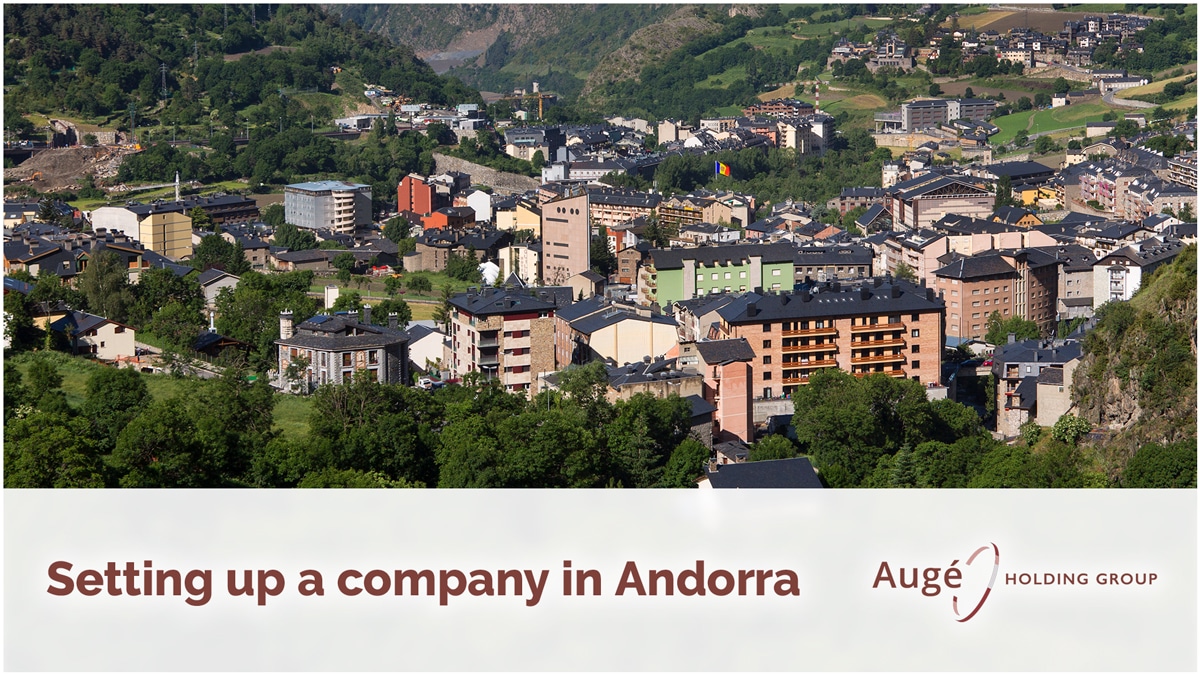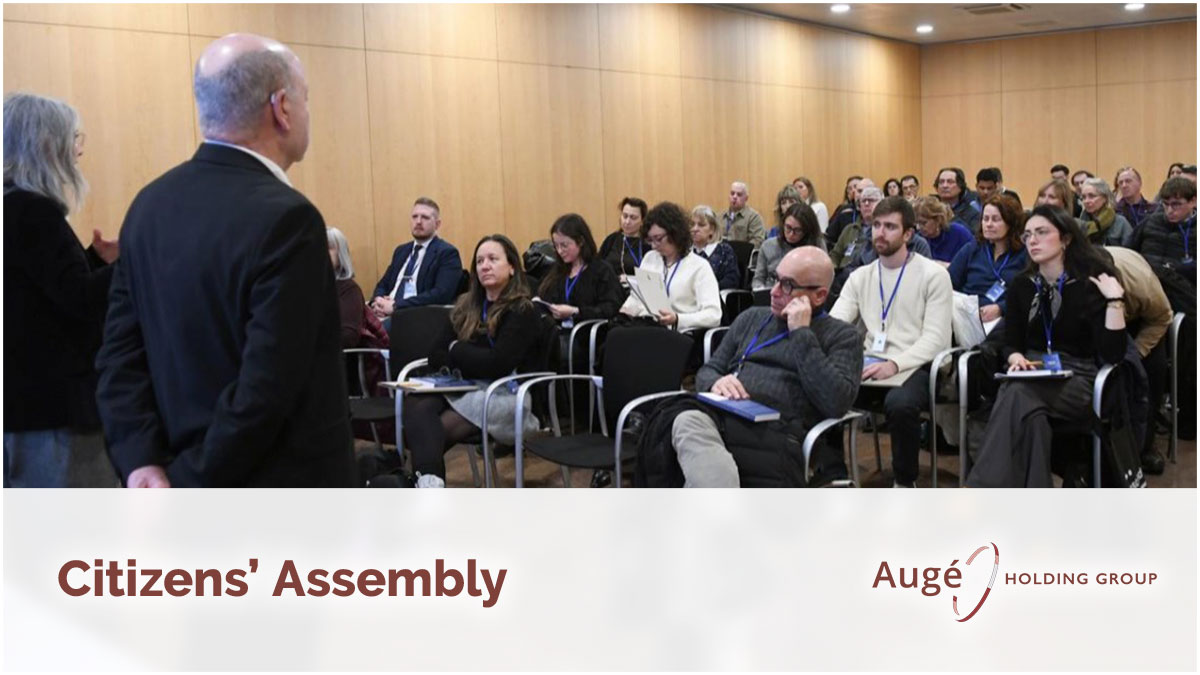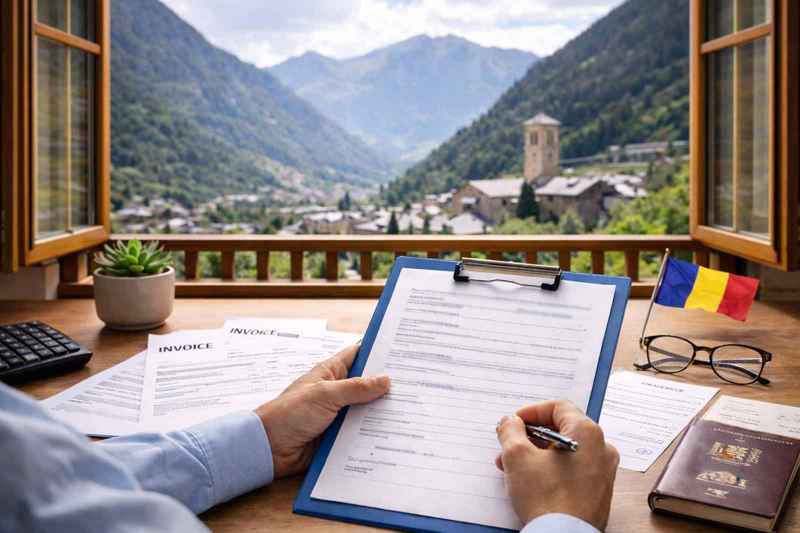I would like to begin with the collective reflection proposed by our Head of Government, and the value I believe it deserves from the perspective of true citizen empowerment. Beyond the traditional role of Government, public institutions, and political parties, I clearly see this empowerment represented in what the Head himself refers to as “civil society”: this diverse group of citizens who, at the very least, have the right—and in some cases even the duty—to get involved. It includes a wide range of institutions such as trade unions, professional associations, business, educational, cultural and sports organizations, and NGOs, among others. In other words, practically anyone can be part of it or at least feel represented by it. The real challenge lies in coordinating, managing, and drawing conclusions from such a broad collective.
Today, there is no doubt that Andorran society is deeply concerned about the uncertainty surrounding the housing issue. It is a topic that blocks us to the point of preventing any broader vision and hinders our capacity to participate in a reasoned discussion about our social and economic future. Therefore, for civil society to engage wholeheartedly in this proposed “collective reflection,” we must first alleviate the emotional burden imposed by the issue of housing and purchasing power.
This is why the work of present-day collective reflection must begin with a motivating subject, such as a strategic plan to address the housing shortage and high prices. Just imagine how productive it would be to present citizens with real data and figures about the situation—how that could help build a more evidence-based opinion. On one hand, it would allow us to move beyond superficial criticism and help combat current political disengagement; on the other, it would lead to more well-founded solutions and, above all, broader consensus.
Regarding the opportunity to find such solutions, a few weeks ago, an initiative emerged proposing that the Government invest in the purchase of small prefabricated homes as an emergency measure, even suggesting placing them on public land. Some Comuns have joined in, seeing modular construction as an opportunity to create housing, especially for seasonal workers. While still incomplete and underdeveloped, this initiative has sparked hope—hope that we are finally beginning to understand those of us who, for many years, have been advocating for a national strategy based on identifying the real housing needs of today and tomorrow, locating public land across all parishes, and planning, designing, and building prefabricated homes that would save time and money while offering citizens a home that matches their financial capabilities.
We could delve into details—as we have in the past—to demonstrate that Andorra has a historic opportunity to show the world how capable we are of solving the housing problem sustainably and efficiently. The aim is to move past the stigma of “social housing” and provide our citizens with truly dignified “living units” equipped with all necessary features and comforts. But what matters most now is that my now well-known SRAs—Strategic Residential Areas—are brought to the table for debate and negotiation with the broadest and most inclusive representation of civil society, as previously described, and that this process leads to a solid strategy to finally resolve the housing crisis.
Yes, I too can imagine an SRA on the former public lands in Ordino, once earmarked for Grifols. But the concept of SRA goes far beyond that, which is why this collective reflection must begin soon. With the involvement of civil society, we can find not only real solutions to an urgent problem but also develop a long-term strategic national plan for the next 25 years. That is the power of the dialogue being proposed—and the hope that it will not end up as just another end-of-year speech without follow-up.





